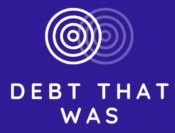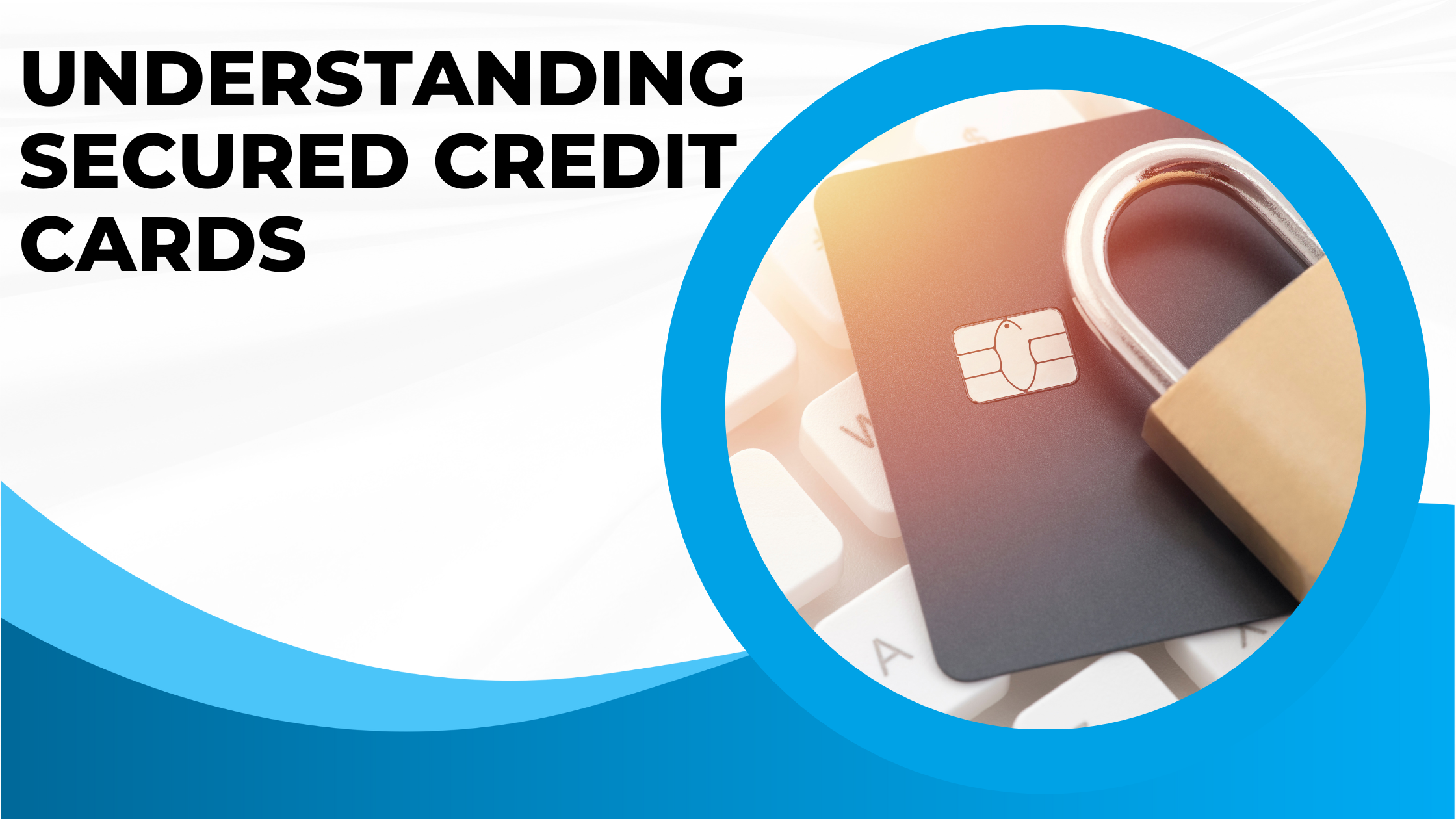It can be tough to qualify for a credit card for people who have either poor or no credit. However, most people find that credit cards are essential for daily activities. Also, if you want to increase your credit score, it is much easier if you regularly use a credit card.
If you don’t qualify for a typical unsecured credit card card, a secured credit car and a partially secured credit card are still possibilities. A secured credit card is a great option to get your foot in the door. You’ll also be able to use this method to qualify for better cards or lines of credit.
Table of Contents
ToggleWho uses a secured credit card?
Two types of people are interested in a secured credit card.
One example has minimal or no credit history.
The other type is people who have poor credit scores.
Whether you need to build your credit score or recover from a bad one, secured credit cards are designed for that.
How does a secured credit card work?
- Collateral accounts hold security deposits. The reason why it’s called a secured credit card is that a cash deposit secures the card. The deposit is paid into a collateral account. Once your application for the card is approved, you will be required to make the security deposit before using the credit card. The minimum deposit ranges between $200-$500 in most cases, although a few issuers have lower deposits.
- Credit limits are tied to the security deposit. The secured card’s initial credit limit is usually identical to the security deposit. For example, a deposit of $500 means you’ll have a $500 credit limit. Some more restrictive cards only allow 50% of the deposit as the limit. However, after staying in good standing, issuers often allow cardholders to raise the limit without increasing the deposit amount.
- Balance payments are required, although unsecured cards allow cardholders to carry over a balance. Secured cards work differently. Cardholders will have to make payments on a monthly schedule with cash on hand. If they can’t pay, the balance is taken out of the security deposit.
- Secured cards come with credit bureau reporting. There are three credit reporting bureaus, and secured credit card companies will report credit and payment patterns to them. Before applying for a card, verify this is the case for your issuer. If they do report, your on-time payments can raise your score over time.
- Annual fees are standard. Most of the secured cards have a yearly fee. They’re not excessive and range from $25-$50 in most cases. The few cards that don’t have an annual fee usually have stricter requirements and are likely not open to most applicants.
- The security deposit will remain safely in the collateral account until one of two things occur. If you do not pay, the cardholder will pay off the balance with the security deposit, and the account is closed. This means that your credit card is canceled. The second scenario means you close the account with a paid balance, and the security deposit will be returned with interest.
Qualifying for a Secured Credit Card
Although, logically, anyone would qualify for a secured credit card, this isn’t the case. Secured cards have much looser underwriting standards. You likely won’t get the same perks as other cards, such as cash-back or travel rewards.
Options For Secured Credit Cards
No credit check cards
A few of the cards available today don’t require any credit check. You’re guaranteed to be approved if you can pay for the minimum secured security deposit. The only catch with this card is that it may come with a high annual fee, restrictive terms, and no easy way to achieve unsecured status then.
Traditional secured credit cards
Most of the secured cards do require a credit check. Although the FICO score requirements vary, you’ll likely need a minimum score of 500 to qualify. A score between 500-560 is possible, although less desirable. Most issuers that run checks will avoid applicants who have had recent bankruptcies, so be aware of this before applying.
Advantages of Secured Credit Cards
There are many reasons why a person might benefit from a secure credit card.
These are just a few of them:
Qualify with poor credit
You don’t have to have great credit to qualify for this card.
Improve your credit score and history over time
If you’re a responsible user of the card, you’ll contribute to a stronger credit score and build a better credit history. This can improve your chances of getting a loan for a house, car, or other credit needs in the future.
Allows you to make certain types of transactions.
Although they’re not traditional cards, you’ll still be able to enjoy some of their benefits. For example, you’ll have the flexibility to make emergency purchases, deposits, and reservations.
Deposits may earn interest.
The security deposit that you set aside will earn interest. You’ll get a little more money back when you close your account.
Disadvantages of Secure Credit Cards
You might not want to choose a secure credit card, or at least choose it with caution.
These are a few of the disadvantages:
Some credit history is likely required
Most of them require a credit check that will show any credit problems in your past.
Higher interest rates
Secured cards have higher interest rates in general. You’ll have to pay more to have a secure card.
Higher fees
The annual fee is not excessive but can be a disadvantage. Some cards also have additional costs, such as a monthly insurance premium.
Graduating from a Secured Credit Card
The goal of most secured card users is to improve credit score enough to qualify for an unsecured card. You can use a secured credit card option to achieve that goal, making secured cards an excellent temporary option for many people.

